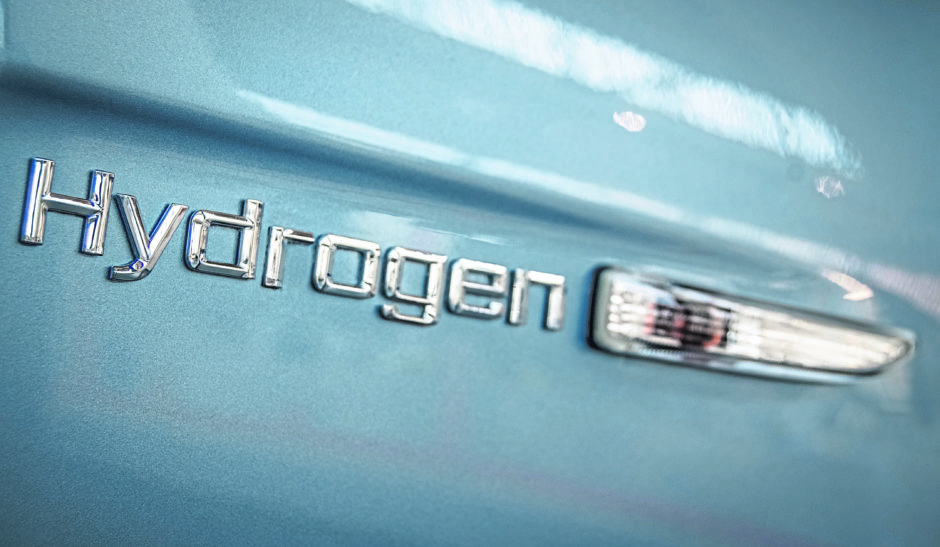
I recently provided Energy Voice with a couple of articles comparing Battery Electric Vehicles (BEV) and Hydrogen Fuel Cell Electric Vehicles (FCEV). The superior energy efficiency of the BEV was demonstrated supporting the reason why Volkswagen has stopped development of their passenger FCEV. There is much speculation in the automotive press that Mercedes are about to do the same.
Hydrogen is ubiquitous in scientific papers and the media at the moment. It is being hailed as a solution to many of the issues requiring to be tackled to deliver on net zero.
Knowing my interest in hydrogen, I was alerted to a Canadian Hydrogen and Fuel Cell Association publication outlining the case for hydrogen. Within the publication is the following graphic showing the FCEV being an order of magnitude better than the BEV with respect to carbon footprint.

Since I suspected a bias in this claim I went to the source – Comparative Analysis of Infrastructure Hydrogen Fuelling and Electric Charging of Vehicle, Forschungszentrum Jülich GmbH, Institut für Energie- und Klimaforschung Elektrochemische Verfahrenstechnik.
On reviewing the report the bias became obvious: the hydrogen for the FCEV is provided by carbon free renewables whereas the energy for the BEV is from burning fossil fuels. If the authors assumed that batteries could also be charged from renewables the carbon footprint for BEV and FCEV would be similar. The graphic also presents the FCEV being 2-3 times more efficient than an internal combustion engine. What it doesn’t say is that the FCEV is 2-3 times less efficient than a BEV.
Who funded the Institut für Energie report? It was H2 Mobility.
Tom Baxter is visiting professor of chemical engineering at Strathclyde University and a retired technical director at Genesis Oil and Gas
Recommended for you
